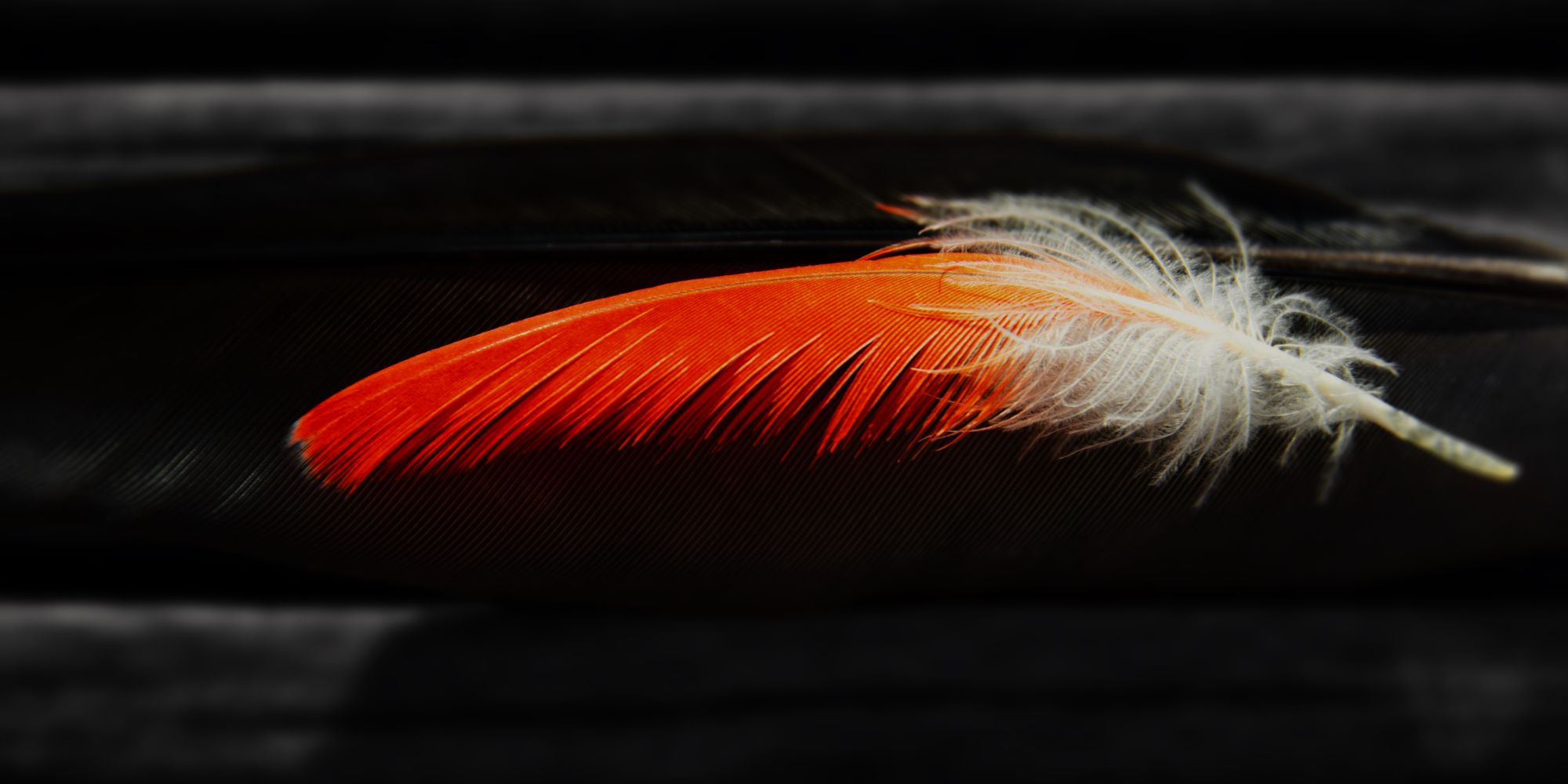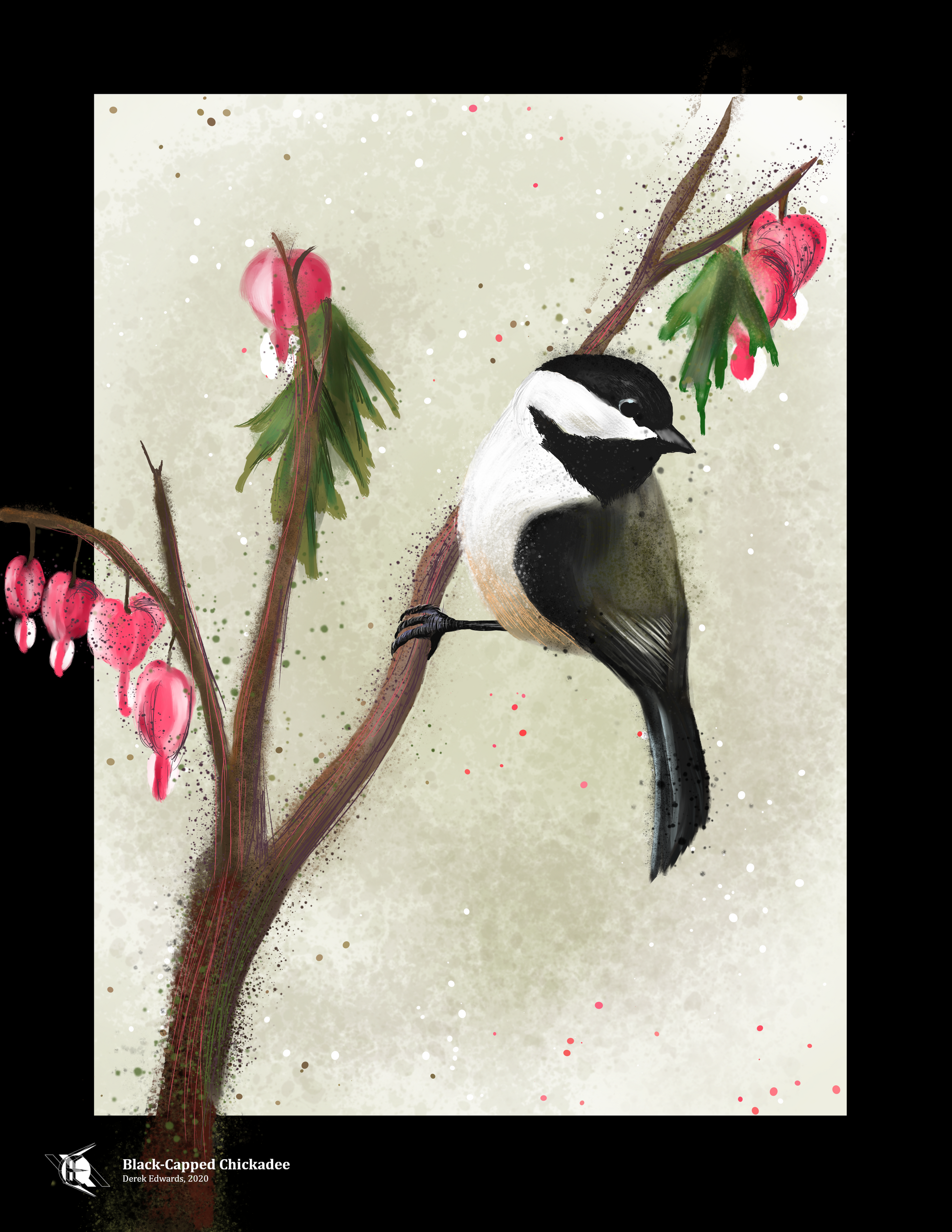
Running Commentary 4/4/2022
Hello,
A co-worker mentioned a time spent playing ping-pong in a cramped basement and bouncing the ball off the ceiling, and that got my mind going and now I’ve invented another sport: tunnel tennis. Imagine playing tennis down a long box, bouncing off the floor, ceiling, and walls, like a mix of tennis and racquetball. That’d be fun, wouldn’t it? You’ll remember that when I had the idea for cross-country soccer, I put together a proposal for it to be added straight to the Olympics. I don’t think tunnel tennis belongs in the Olympics; I think it belongs in space. Imagine playing tennis down a long box on a space station. In zero-g. Good way to pass the time on a generation ship.
Anyway...
Watching...
Moon Knight
Marvel’s latest streaming series can be roughly summarized as “what if Bruce Wayne didn’t know he was Batman? Also everything’s Egyptian.” Let’s look at the first episode:

- Not a whole lot happened in this episode, but it did a really good job setting up the premise and the central character. The premise of the show is intriguing, though I do worry that a focus on Egyptian myth, which really has been done to death, will drag the show down. But that’s all from the comics.
- I can’t really comment on Oscar Isaac’s British accent in this. It doesn’t sound off to me, but I’m not British. British people probably don’t hear anything off in Benedict Cumberbatch’s accent as Doctor Strange.
- The way that Steven (and the audience along with him) blacks out during all the fight scenes really highlights how paradoxically dull Marvel’s action scenes tend to be. What would have been good two-minute chunks of stunt men tossing each other around just gets skipped, and the pacing of the episode improves. Hopefully they keep this gimmick up for any other obligatory fight scenes in the show.
- Ethan Hawk (whose character I think is never named until the credits, which I don’t remember at time of writing) certainly has a memorable introduction.
BattleBots
Last week we saw the second round of the tournament and learned who would advance to the quarter-finals. Next week will be the final episode of Season 6, where we see a new champion crowned. But first, let’s look at the latest fights:
- HYDRA v BLACK DRAGON - Hydra advances thanks to a just shocking lack of strategy on the part of Black Dragon, who would have won if they had demonstrated the patience to hang back and let Hydra prove itself immobilized instead of just running headfirst into its flipper for the whole match.
- BLIP v JACKPOT - Better modeling strategy and restraint was Blip, the Very Best Robot. Blip took down Jackpot, not by flipping them a bunch, but by keeping control of the fight and making the flips that counted. The more I see of Blip, the less I can see them losing to anyone.
- ROTATOR v TANTRUM - This was a brutal fight. I really thought Rotator had won, but Tantrum was able to rally and toss them out. If Rotator had hung back a bit, they might have taken the victory.
- RIPTIDE v UPPERCUT - Wow, Riptide really impressed in this fight. They, of all the bots in the competition, seem to understand that the time your opponent goes wobbling off after hitting you is the time you go in and hit and hit and hit and don’t let them get their bearings again.
- SAWBLAZE v P1 - P1 is a bot that is pretty much useless if it can’t get under its opponent, and it couldn’t get under Sawblaze.
- COPPERHEAD v WITCH DOCTOR - I had Glitch winning this fight; I’m still upset they put Glitch on the bracket even though they knew. Copperhead and Witch Doctor are, to my mind, roughly equivalent. Witch Doctor drove better here.
- END GAME v MINOTAUR - There will not be a repeat champion. I had End Game winning the whole thing on my bracket, but, in my defense, I did think Minotaur was the only bot that could plausibly beat End Game. (Although, maybe Blip could, too, if it had come to that.) In any case, this was a great fight.
And now the (very controversial) YouTube exclusive fight: WHIPLASH v COBALT.

Bird of the Week
This week we have a favorite bird of many people in North America, the Black-capped Chickadee. Found in the northern United States and southern Canada, the black-capped is one of seven chickadees. Chickadees aren’t really their own type of bird; “chickadee” is simply the name given to parids in North America, specifically to relatives of the marsh and willow tits of Eurasia. The black-capped chickadee looks very much like those two birds, as well as the Carolina chickadee, whose range covers the southeastern United States.
Chickadees are, like other parids, bold little birds, generally unafraid of humans or other larger creatures. They will often be the first birds to visit a newly-hung feeder, and, indeed, are quick to exploit new food sources in the wild as well, as they did with gall wasps imported to the U.S. in an attempt to control invasive knapweed. Chickadees are omnivorous food cachers, who will hide seeds and other foods to be eaten later. Studies of chickadees’ brains indicate that these birds are able to recall where they stashed food due to a very rapid example of neurogenesis in their hippocampus, a mechanism by which new brain cells are continually replacing old ones. Neurogenesis is important in flying birds, as large, stable brains would weigh them down to much.
“Chickadee” is an onomatopoeia of their song, a buzzy, startling “chka-dee-dee-dee-dee-dee”. Chickadee vocalizations are complex, some of the most complex communication of any non-human animal. For instance, they modify their alarm calls, used to signal the sighting of a predator or other potential threat, based on the size and nature of the threat. To science, they are Poecile atricapillus. The genus, whose type species is the marsh tit, takes its name from the ancient Greek name of some unidentified small bird (almost certainly not a marsh tit or any other member of the genus, as “ποικιλος” means “colorful”.) “Atricapillus” means “black-haired”.

Curation Links
The Search for the Seed Bandit | Katherine J. Wu, The Atlantic
In Panama, there lives a strange gymnosperm plant, which lives on the branches of other plants. It has large, heavy seeds which, left to themselves, will drop to the forest floor and never sprout. Researchers knew that something must be carrying these seeds through the forest canopy, but they weren’t sure what. So they set up some cameras.
Speaking in Whistles | Bob Holmes, Knowable Magazine
Throughout the world, where people live in dense forests or far-flung mountains, they sometimes develop a whistled language, or a whistled version of a non-whistled language. This can be a real challenge when the root language is tonal, but it still happens.
Dust in the Wind | Virginia Gewin, Popular Science
“Dry lake beds represent the West’s largest single dust source. The Great Salt Lake is just the latest so-called terminal lake—a water body that doesn’t empty into the ocean—to go parched. The most infamous is California’s Owens Lake, whose primary tributary was diverted in 1913 to supply Los Angeles with water. By 1987, when the EPA first found the lake violated National Ambient Air Quality Standards for particulate matter, it was the largest PM10 source in the nation.”
An Urge To Create Honey | Martin Cahill, Clarkesworld
[FICTION] A human soldier is taken in by the hive-minded insectoid alien race he was sent to war with.
See the full archive of curations on Notion

Member Commentary